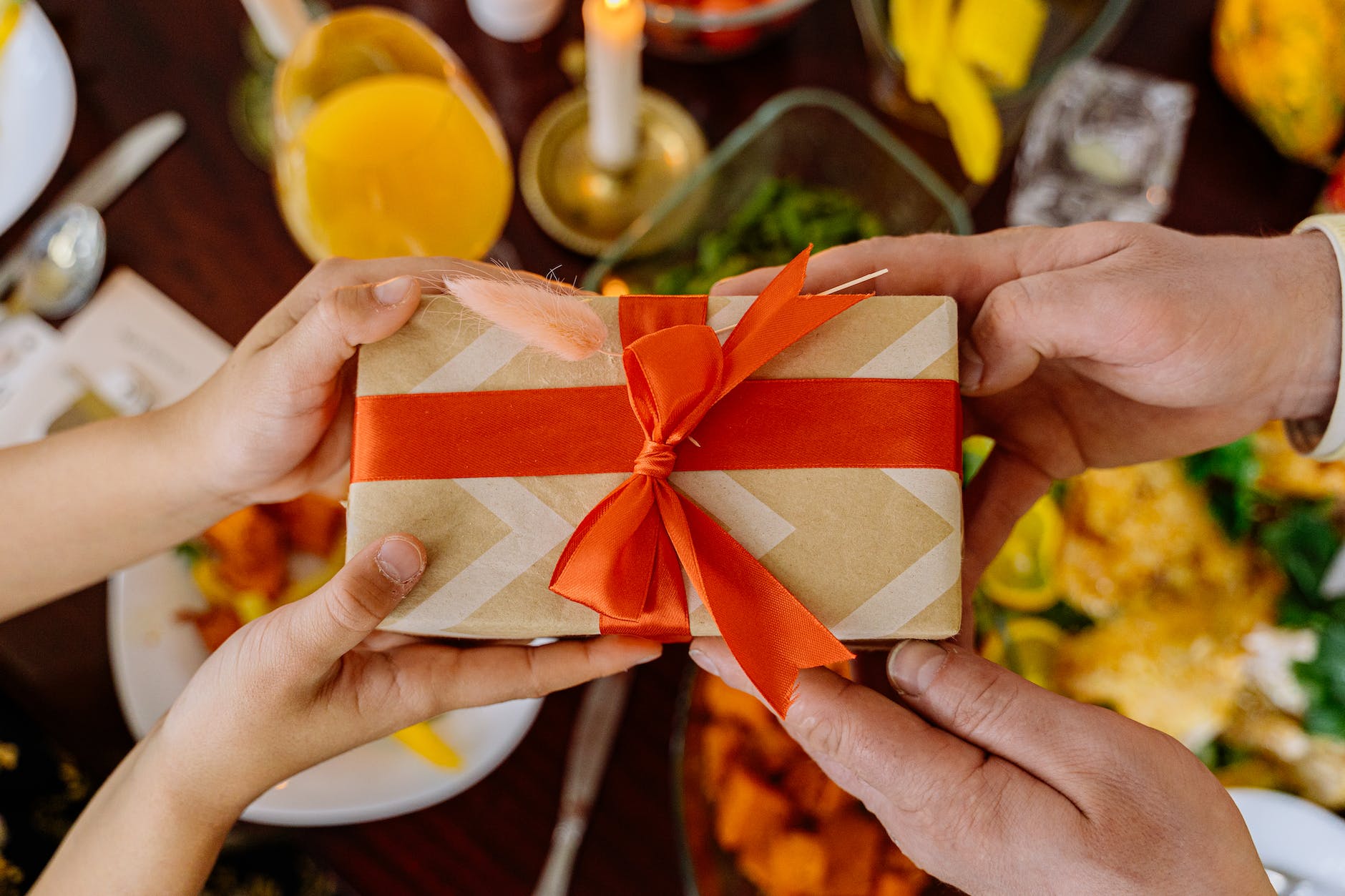December usually ushers in the time of year for giving to others. As a kid growing up, I remember December meant visiting family, eating large meals, sharing stories, going shopping for presents, and visiting Santa’s Christmas Village. These days, all of a sudden after Halloween, stores put out their decorations for Christmas and the holiday season. It’s rare but there are people who start their festivities in July. Most likely that kind of celebrating brings them a special kind of joy.



I graduated from Pepperdine University with my master’s degree in 2011. One of the things I love about Pepperdine is their motto taken from Matthew 10:8, “Freely ye received, freely give.” This post focuses on the many ways we can give to others, give to ourselves, and receive the benefits of giving.
Giving To Ourselves
It may feel counterintuitive to some people, but before we can help or give something to others, we need to be in a stable position to do that task. We need to give something to ourselves so that we have enough energy to give things to other people. In other words, we cannot pour from an empty cup. Consider these two major ways of giving to yourself:

- Self-Care
- Eat your favorite meal
- Take a bubble bath
- Fill the room with music and pretend you’re in a music video
- Take a spa day
- Shop for something you’ve been wanting for yourself
- Take a much needed nap and turn off your phone or silence it
- Grab your go-to list for self-care, and check those items off!
- Give Up What No Longer Serves You
- This could literally mean give up the items in your closet that you haven’t worn in 5 years. Free up some space for items you actually want to use or wear.
- Do you tend to get yourself in trouble? Or find that you are the common denominator to problems with others? Give up negative things like animosity towards others, blaming others, having a negative attitude, negative self-talk, and being pessimistic.
- Reach out to a therapist or medical provider if you are finding it difficult to give up substances or activities that cause distress or decrease your ability to function at work, at home, socially, or academically.
Giving To Others
Now that we’re working with a fuller deck of cards than before and we have replenished some of our energy, we can focus on the many ways that we can give to others. There are endless material gifts that we can buy at the store or online, and there are ways to give that do not involve spending money. Sometimes people in your life say exactly what they want for their gift, and sometimes you may need to pick up on what would be thoughtful and helpful for them at this moment. Consider these generous acts:
- Show you care by taking something off another person’s plate to make their day less stressful.
- Lend an ear to a friend or relative you haven’t heard from in a while. Check in on them.
- Give people grace. We are not perfect beings and we make mistakes.
- Volunteer your time towards a cause or project you believe in.
- Use your natural talents to make a meaningful gift for someone.
- Sing them a song – record it if possible so they can play it back. Or make them a mixtape!
- Create a drawing or painting of a fond memory.
- Make a yummy dish and share it or share a favorite recipe.
- Are you a pro at knitting? There are tons of ideas for great knitting projects.



Benefits We Receive From Giving
Studies on generosity show that we receive a physical and psychological boost when we give to others. Our brain secretes chemicals called neurotransmitters that affect our mood, our muscles, our heart rate, and other processes in our body.
Some of the “feel-good” chemicals that course through our body are dopamine, serotonin, and oxytocin. Dopamine signals pleasure, serotonin regulates mood, and oxytocin is the bonding and love chemical. These are released when we engage in generous and selfless acts. Dr. Larry Dossey shared thought-provoking views in his editorial about the “helper’s high,” the phenomenon associated with gift-giving and generosity.
This page from Cleveland Clinic highlights the medical benefits of gift-giving which include:
- Lowering blood pressure
- Living longer
- Lowering levels of cortisol which reduces stress
- Stimulating the mesolimbic pathway which leads to the helper’s high and combats depression
Take Home Message
We give and in turn, we receive. Not just gifts, but pleasure and longevity. Gift-giving does not have to be just for birthdays and holidays. We can engage in cycles of giving and receiving all year round.

What are some of the acts of kindness that you do for others, or that someone has done for you? How did that impact your day and your self-esteem?
Subscribe for notifications about future posts.


2 responses to “Cycles of Giving and Receiving”
Excellent post Doc. You are so right, I think the joy related to giving, and giving cheerfully, has such a significant impact on our continued happiness. It doesn’t have to be limited to this time of year, and some times the smallest gifts, or gifts of time with someone, or an experience, can be more valuable than an expensive gift.
Thanks Neil, I like the giving cheerfully part! It’s that much better for our spirit. And the memories from those shared experiences last longer than the material objects. Sometimes we can just remember something happy and get the release of those happy hormones.